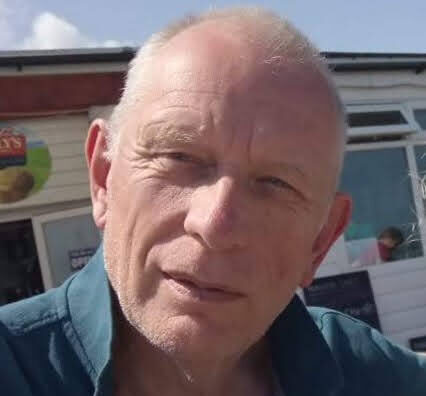 Telling it like it is
Telling it like it is
By Hannah Fearn, freelance journalist specialising in social affairs
I heard it first just before Christmas and then, once I had really started listening for it, its echoes were everywhere: dissent. Where chief executives, policy bods and other assorted social housing figures once ‘expressed concerns’, aired their ‘reservations’ or provided ‘necessary scrutiny’, now they’re agitating. They no longer deal only in analysis but outright criticism. With only months until a general election, they’re telling it like it is – and they’re angry.
Andy Hulme, chief executive of Hyde Housing – a relative newcomer from the world of banking – speaks of his shock at finding social housing hollowed by decades of government underfunding and left abandoned by cuts to all the public services that used to support social tenants to live stable and rewarding lives. “You have a government that have removed 60% of funding from the sector over the last 10 years, and are effectively starving out some of the poorest families in the UK.” When I interviewed him in November he told me that 85,000 children in London without a permanent home was “absolutely outrageous”. “That’s a reflection of governments that have underinvested in the sector for over a decade. It’s an absolute disgrace, quite frankly, and it needs to be addressed.”
Then Mike Ainsley, chair of the National Federation of ALMOs, lost his cool over the refusal to say “the ‘s’ word” – that’s social housing – and gives short shrift to anyone who won’t join him now in saying exactly what this country needs: a massive social house building programme. He wrote in Inside Housing late last year: “It is, in short, the Voldemort of the national political debate in this general election year. And – forgive me – I think we all need to be a bit more like Harry Potter if the Build Social campaign is to have any impact at all. Say that word. Say it loud and say it often.”
“The sentiments aren’t surprising to anyone working in housing. It’s obvious that a crisis of this depth will take years and a massive injection of funds to resolve”
Then Kate Henderson, the chief executive of the National Housing Federation (which has always advocated for a cooperative approach with government) described the King’s Speech as “disappointing” for housing, just weeks after warning that the sector knows how to fix the housing crisis but that “we need a government bold enough to commit to it”.
And finally, when I interviewed calm-headed Peabody COO and CIH vice-president Elly Hoult, she described our current situation as a “housing emergency”. The role of leaders like herself, she said, was to “continue to keep standing up, continue to keep campaigning”.
The sentiments aren’t surprising to anyone working in housing. It’s obvious that a crisis of this depth will take years and a massive injection of funds to resolve. But something has changed, and that’s how willing housing leaders are to speak of the facts in the brutal terms they justify.
If the polls are to be trusted there will be a new government this time next year. That shift means that a new generation of the sector’s leaders (some of whom are new to the sector, and some who are old hands) feel freed by the fact that an era of retrenchment and sidelining are likely to be coming to an end. They’re finding their voices and are no longer muffled by compromise.
Attacks on government policy, and descriptions of the impact of ministers’ whims on the lives of vulnerable people, are now bold and explicit. They bring forth clarity and moral fortitude.
How welcome that is. According to YouGov, housing is now within the top five concerns for voters. There’s no room for anything other than a lion’s roar.





















